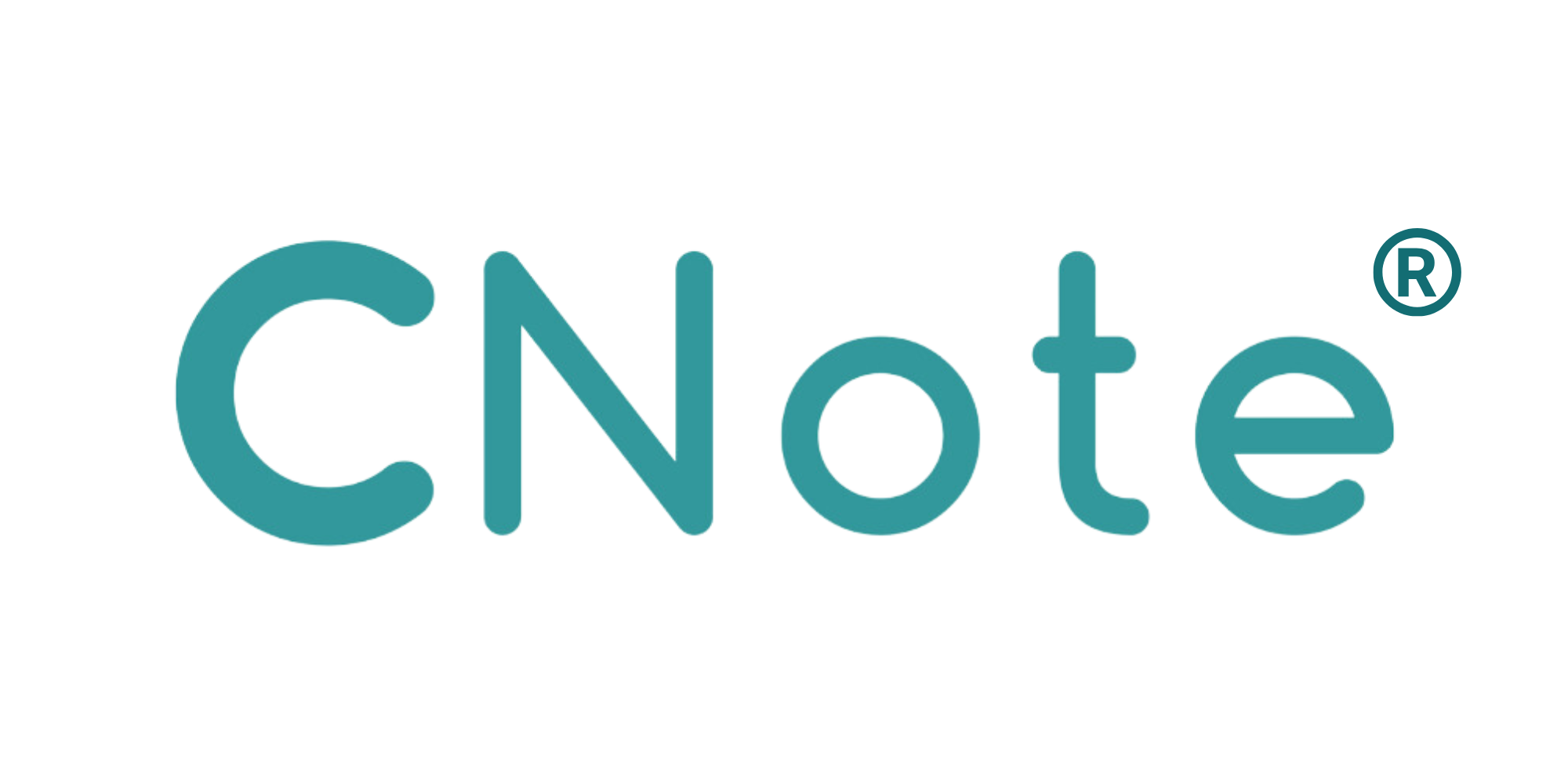(And Why You Shouldn’t Take Financial Advice from Twitter)

Today we’re going to have a bit of fun looking at the highs and lows of financial advice available on the internet.
Don’t take this post too seriously, but nonetheless, we’ve actually tried to include some useful resources along with clearly useless advice you’ll see below.
The Bad
What happens when roughly eighty percent of people in a country have access to the internet but as many as two-thirds of them cannot pass a basic financial literacy test?
Tweets like this:
If I had a million dollars I’d invest it all in penny stocks
— Santo (@Kembastry) August 19, 2016
And this:
me when my student loan comes in next week before I inevitably spend it all on alcohol and food pic.twitter.com/XwZbvyBbIA
— Jack Edwards (@jackbenedwards) December 29, 2018
As we’ve grown more accustomed to having approximately the sum total of all human knowledge one click away, it is tempting to set aside rational thought and expect the top Google search results or social media will provide us the definitive answer on a topic.
While this works fine when learning innovative origami techniques or the perfect method to boil eggs, talk is cheap and uncritically trusting unsolicited online advice can be hazardous to your financial health.
For instance, you might encounter reasonable-looking money management advice like the following:
12-15% of each check should go into savings & Buy a (at least) $500 CD at your bank.
— Ada Noire (@JewelOfNubia) June 2, 2018
But with 6-month CD rates hovering around one percent, this means locking $500 into a CD would roughly earn a whopping… drumroll, please… $5. And even that is on the better end of what you could reasonably have expected over the past decade in what has been a uniquely low-interest-rate environment. Not bad advice, just maybe not the best advice for your situation.
Still, its better than this advice:
— RandyGrapes? (@RGhahaha) June 2, 2018
Which leads to:
This is why we’re broke
— Katie Meehan (@_katiemeehan) June 2, 2018
The Good
Believe it or not, there are actually a lot of places to find great advice. You just have to know where to look and make sure that its a trusted source. Generally, let common sense be your guide.
One great crowd-sourced option is the Personal Finance subreddit. Not only does this community curate some of the best topical financial advice, but the admins and active users have created a great “wiki” page that answers many common financial questions and provides life-stage financial advice based on your age (25-35 example).
They also cover the fundamentals in a comprehensive way, from things like building an emergency fund, prioritizing the debts you pay off, and 401k matching suggestions (hint, contribute the % your employer will match, at a minimum).
This really basic flowchart from that subreddit provides some key guideposts on building savings and retirement investments for someone who has no idea about money:
https://i.imgur.com/fb7Dtmh.png
Finally, r/personalfinance has a great reading list that can help you get started on a lifetime of financial success.
Even Twitter has the occasional gem, you just have to dig through all the junk.
If I can’t afford three, I cannot afford one. My mom would make me tell her the price of something was three times more expensive to make sure I was comfortable spending that amount. & never give into impulse buying. Think things through, if you really want it it’ll be there.
— Tiffany Rae (@__tiffanyrae) May 31, 2018
All fun aside, here are a few key qualities that distinguish the most helpful online financial advice from the not-so-helpful.
All of these criteria do not necessarily make a piece of advice useful, but you should look for at least one or two to be present before taking what you’re reading seriously.
Helpful financial advice should be:
1) Accessible
What good is financial advice if you can’t actually use it?
The most useful financial advice will be relevant to your situation and actionable. You also might ask yourself whether your financial goals match the advice on offer. If not, pay extra heed not to get sucked into an overblown get-rich-quick scheme, possibly in the form of unsolicited email newsletters alerting you to the “investing opportunity of a lifetime” in some “little-known industry” poised for “incredible gains.” If nothing else, at least such emails give us an opportunity to be thankful for spam filters.
On a positive note, there are a number of blogs that are excellent sources of accessible financial advice on topics ranging from paying off debt to building credit to first time home buying. Some examples include Money Under 30, Get Rich Slowly, and Debt Roundup, just to name a few, but you should search for the resources that best cover your particular financial needs. Just look for clear writing, up-to-date information, and a set of concrete steps that you can take to follow.
2) Authoritative
As with anything in life, it’s nice to know that advice is coming from someone who knows what they’re talking about. For instance, if you have the (ill-advised) aim to get your financial inspiration from Twitter, the odds are more in your favor if you follow the advice of Mark Cuban rather than @catluvr411invest. This doesn’t mean that celebrity investors like Cuban are always right or that anonymous Twitter users are always wrong, but it’s best not to put too much stock in the musings of strangers with little in the way of credibility.
On the topic of Twitter, there are actually some top-notch accounts run by finance experts like Meb Faber and Roger Ma that are accessible to everyone. However, Twitter is generally regarded as a good way to follow real-time financial news rather than a platform to receive actionable financial advice.

If you like to know that the financial advice you receive is from someone who has actual qualifications on the subject, you can search the CFP or FINRA databases to check the credentials of the financial professional in question. There are also specialty websites such as Brightscope that can help you quickly and effectively find the financial planning advice you are looking for.
3) Well-Sourced
Good sources of financial advice will provide plenty of links to support any claims made, encouraging you to do your own independent research. This also signals increased credibility, although make sure you actually click the links to verify the information presented.
Creditability is especially welcome when dealing with crowdsourced platforms. For example, the personal finance subreddit mentioned above includes valuable resources and recommendations on commonly-searched topics such as budgeting and saving for retirement, even if the posters have little in the way of proven qualifications–the fact that hundreds, if not thousands of people have critiqued and reviewed the advice means its likely to be more reliable. Nonetheless, it still pays to be wary of any given forum post or comment, but there is no denying that there are occasionally some user-created gems like this personal income spending flowchart.
Conclusion
While the above tips are hardly exhaustive, sources that contain some combination of accessibility, authority and verifiability are much more likely to help you find high-quality financial advice that you are looking for.
Information on the internet can serve as a great compass or a ticking time-bomb depending on who is giving it. Clearly defining your goals in advance and bringing a measure of critical awareness to bear is key when searching for and choosing to follow online financial advice.
After all, there’s plenty of good financial advice out there on the web for those who know how to look.
In the end, the best advice is to build a foundation of personal knowledge so you can make well informed and independent decisions.
Some of y’all are getting big mad like I’m Suzy Orman & I’m supposed to be the finance Oracle. Bruh, I answered a question. Take a financial literacy class, diversify your money, & keep it gangsta pic.twitter.com/TFC0Qp1qa7
— Ada Noire (@JewelOfNubia) June 3, 2018


